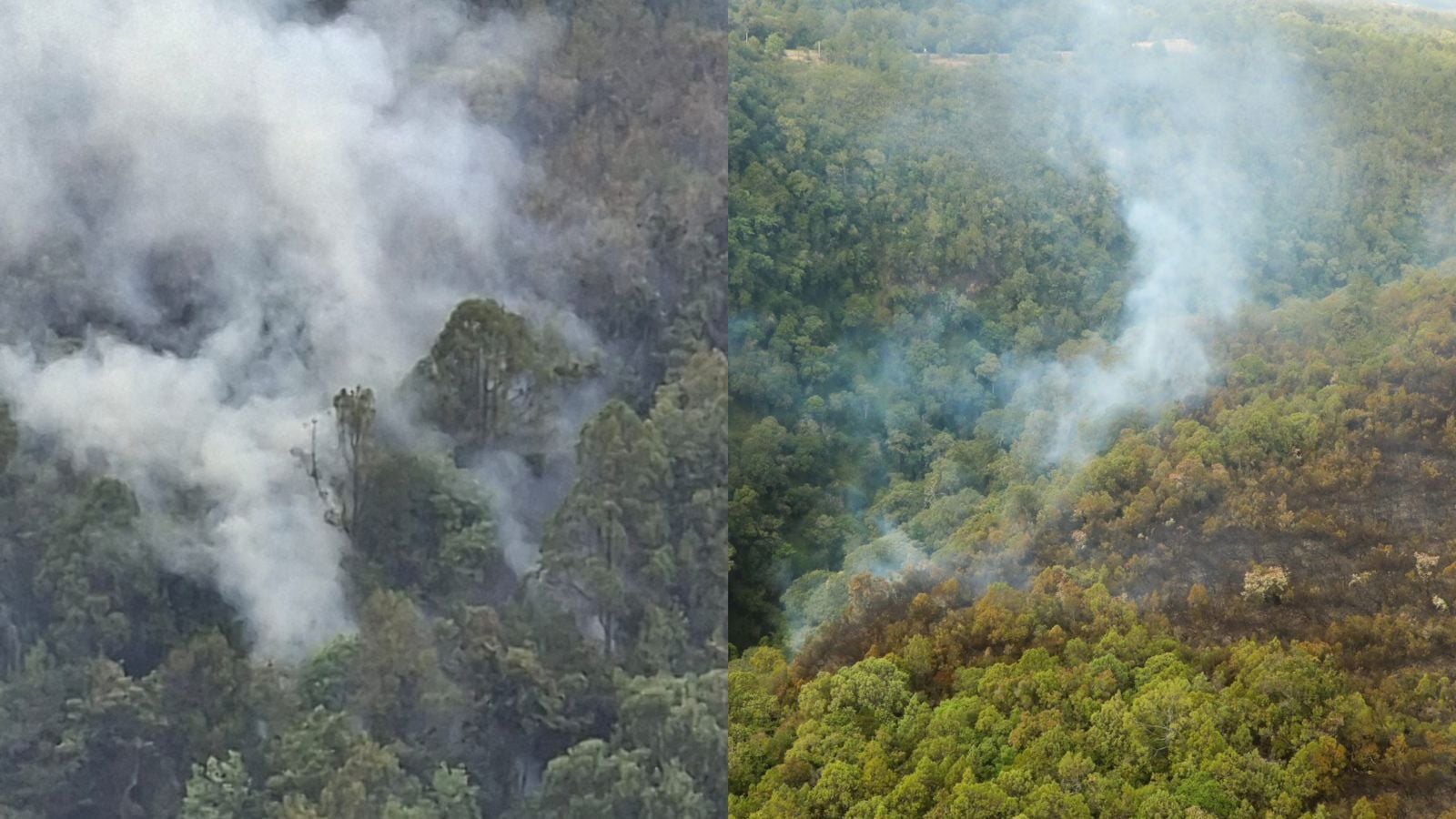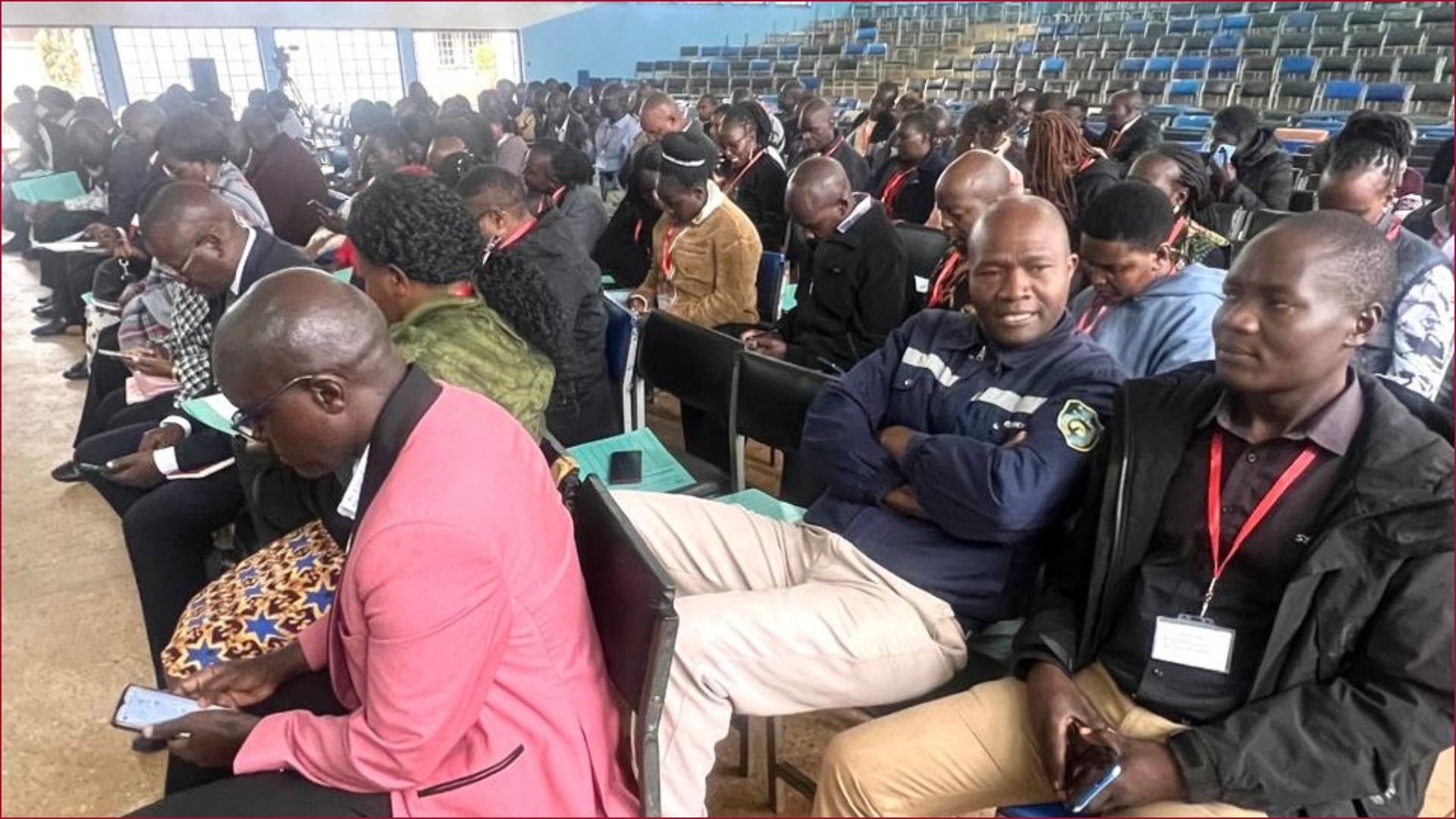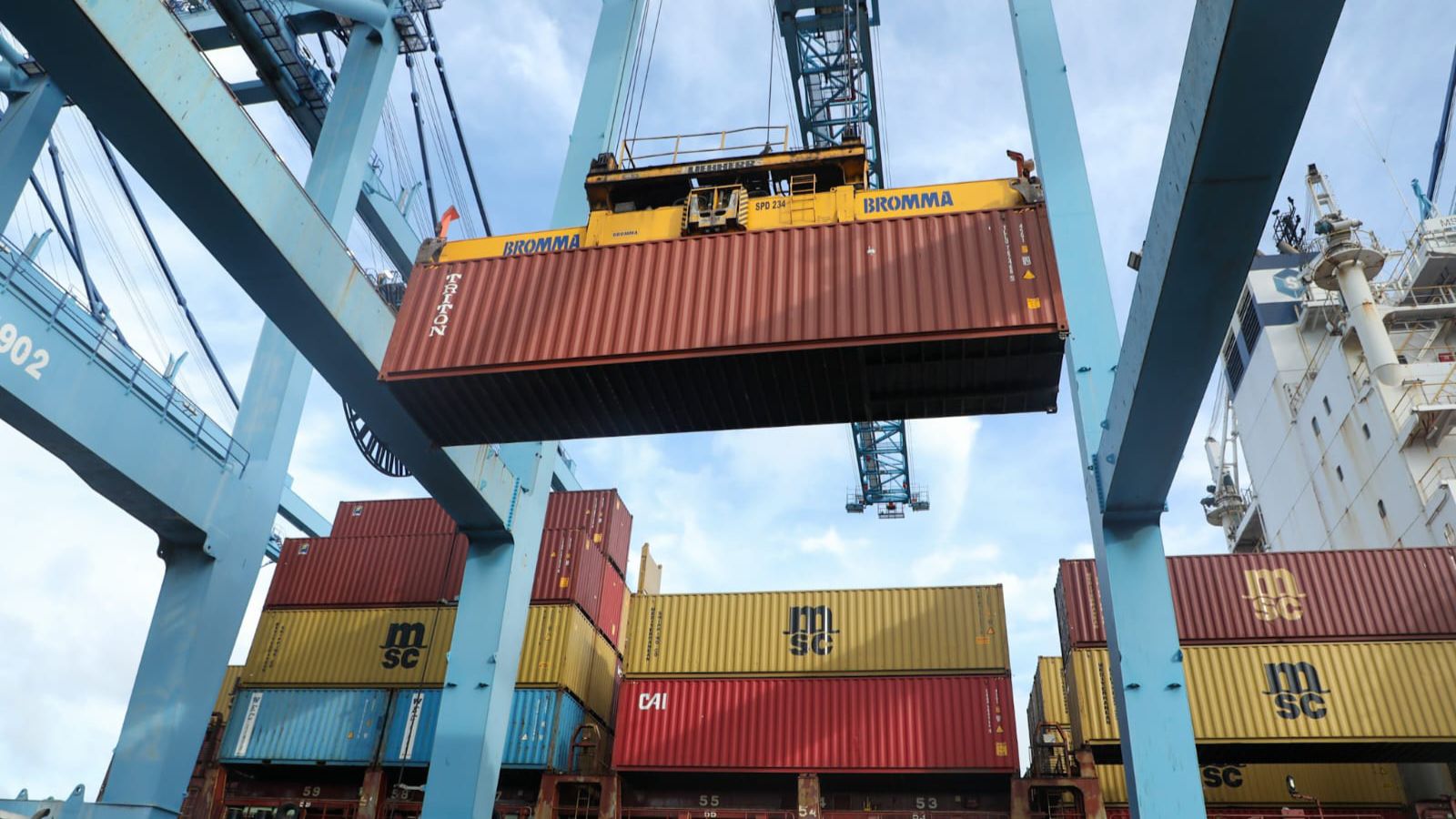The Kenya Wildlife Service has announced that new conservation fees for entry into national parks, reserves, and sanctuaries will take effect on October 1, 2025.
In a statement released on Monday, September 29, KWS confirmed that the Wildlife Conservation and Management (Access, Entry and Conservation) (Fees) Regulations 2025 governing entry and access into national parks were approved and accorded legal recognition by Parliament on Thursday, September 25.
Cabinet Secretary for Tourism and Wildlife, Hon. Rebecca Miano, confirmed that Kenya's Ministry of Tourism and Wildlife had ensured proper implementation of the newly approved conservation fees.
Kenya Wildlife Service Director General, Prof. Erastus Kanga, stated that measures have been put in place to facilitate visitors who had already booked and paid for their trips under the previous fee structure before the announcement.
"All eTicket payments made before the announcement and the revised fees will therefore apply to new bookings made for excursions onwards," Prof. Kanga said.
Read More
The revised regulations have categorized national parks, reserves, and sanctuaries into premium parks, urban parks, wilderness parks, mountain parks, scenic parks, special interest parks, sanctuaries, and marine protected areas.
Under the new fee structure, premium parks including Amboseli National Park and Lake Nakuru National Park will charge East African citizens Ksh 1,500, non-residents USD 90, and African citizens USD 50.
Nairobi National Park will cost East African citizens Ksh 1,000, non-residents USD 80, and African citizens USD 40.
The Nairobi Package covering Nairobi Park, Nairobi Orphanage and Nairobi Safari Walk is set at Ksh 1,300 for East African citizens, USD 105 for non-residents, and USD 55 for African citizens.
The Nairobi Sanctuary Package which includes Nairobi Orphanage and Nairobi Safari Walk will cost East African citizens Ksh 500, non-residents USD 40, and African citizens USD 25.

Wilderness parks including Tsavo East National Park and Tsavo West National Park will charge East African citizens Ksh 1,000, non-residents USD 80, and African citizens USD 40.
Mountain parks such as Meru National Park, Kora National Park and Aberdare National Park are priced at Ksh 800 for East African citizens, USD 70 for non-residents, and USD 40 for African citizens. Mt. Kenya National Park will cost Ksh 800 for East African citizens, USD 70 for non-residents, and USD 30 for African citizens.
Scenic parks including Hells Gate, Mt. Longonot, Mt. Elgon, Ol Donyo Sabuk, Shimba Hills, Kakamega, Marsabit and Lake Elementaita Wildlife Sanctuary will charge Ksh 500 for East African citizens, USD 50 for non-residents, and USD 20 for African citizens.
Marine protected areas including Kisite Mpunguti and Watamu will charge Ksh 500 for East African citizens, USD 40 for non-residents, and USD 20 for African citizens, while Mombasa, Malindi, Kiunga and Diani Chale will cost Ksh 500 for East African citizens, USD 30 for non-residents, and USD 15 for African citizens.
The regulations also outline camping fees for special campsites in premium parks at Ksh 500 for East African adult citizens, Ksh 250 for children/students, USD 25 for non-resident adults, USD 15 for non-resident children, USD 50 for African citizen adults, and USD 25 for African citizen children.
Water sports activities will require annual licensing fees ranging from Ksh 60,000 to Ksh 240,000 depending on business size, with independent watersport participants charged between Ksh 500 daily to Ksh 10,000 annually.
Motor vehicle charges per day range from Ksh 600 for vehicles with less than six seats to Ksh 3,000 for vehicles with 13-24 seats.







